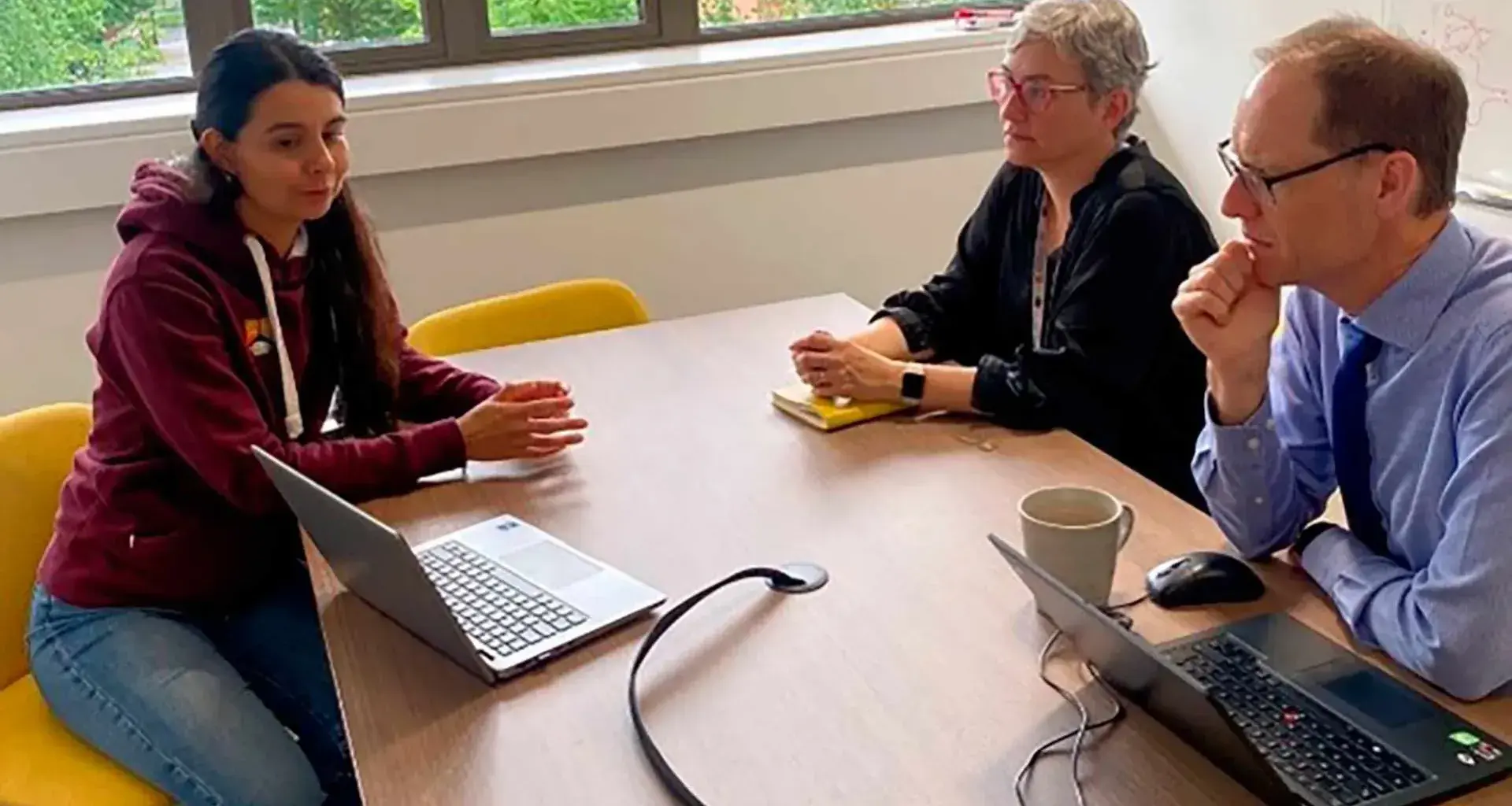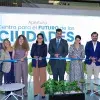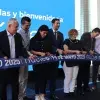A team of professors from Tec Guadalajara interacted with researchers from the University of Birmingham and the University of Leeds during a tour of the United Kingdom in order to share the advantages of one of the projects from the Tec’s Ruta Azul strategy and learn from what these institutions have implemented.
The project presented by the professors from Tec Guadalajara is “Mapping Organic Waste Streams for Developing Sustainable Food and Waste Management Systems on Campus: A Living Lab Perspective,” led by Professor Tomás García Cayuela.
“These visits to the University of Leeds and the University of Birmingham were very important to achieving our project’s goals,” said Sebastián Gradilla, who runs the Sustainability and Climate Change Laboratory (LSCC) at Tec Guadalajara.
He said this was because “they taught us valuable lessons about their recent strategies on waste management.”
The professors from the School of Engineering and Sciences (EIC) who formed part of this visit were:
- Tomás García Cayuela
- Carolina Senes Guerrero
- Paloma Barajas Álvarez
- Marín Esteban González López, and
- Misael Sebastián Gradilla Hernández.

Learning best practices
Gradilla added that, “These visits allowed us to learn about best practices for identifying and separating organic waste efficiently, which is key to proposing a replicable model on our campus.”
He also said that, “We learned how to integrate indicators that help us to make decisions based on the environmental impact of food products, using the methodologies and data from these universities as reference.”
They first visited researchers David Hannah and Liza Jabbour from the University of Birmingham. Hannah is director of the Birmingham Institute for Sustainability and Climate Action (BISCA) and Jabbour is in charge of including sustainability topics in the university curriculum.
BISCA is a platform that fosters the experience and development of associations to tackle global sustainability challenges. Since 2018, the University of Birmingham has promoted key sustainability initiatives on campus.
These are the strategies it has already implemented:
- Sending food waste from the kitchen to anaerobic digestion plants
- Winnow waste management system in its restaurants
- Changing 50% of dishes in its restaurants to ones of plant origin
- Converting coffee waste from university cafeterias to fuel or garden fertilizer, and
- A commitment to reducing the amount of single-use plastic.

Integrating sustainability and knowledge
At the University of Leeds, they shared experiences with Jane Dickinson, director of the Living Labs program, and Fariha Aasam, waste manager at the Facilities Directorate.
The Living Labs program supports the university’s commitment to integrating sustainability through knowledge, commitment, collaboration, and innovation, and is also part of its commitment to achieving the zero emissions Climate Plan for 2030.
Their tours of the university’s facilities centered on the waste container zone to find out how they perform separation and significantly reduce the amount of organic waste going to landfills.
“These visits allowed us to learn about best practices for identifying and separating organic waste.”
This was thanks to their plan for managing waste, which is sent to an anaerobic digestion plant or for composting.
They are currently working on how to improve recycling rates at the university and raise awareness in the university community on reusing, recycling, and reducing waste to mitigate the carbon footprint.
What’s more, they visited the campus’s Sustainable Garden, which has a composting system and grows several aromatic herbs and vegetables that the student community is responsible for.

“Participating in their waste recovery projects gave us practical ideas on how to turn waste into valuable resources such as food and energy,” said Gradilla.
“The lessons we learned from these visits helped us to design scalable and adaptable waste management models, ensuring that our proposals can be effectively replicated on other campuses,” he concluded.
ALSO READ:





